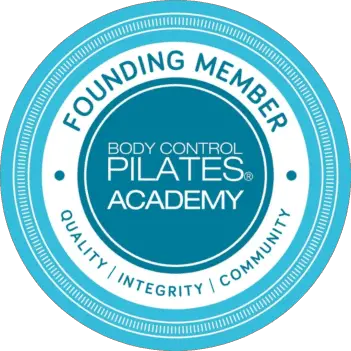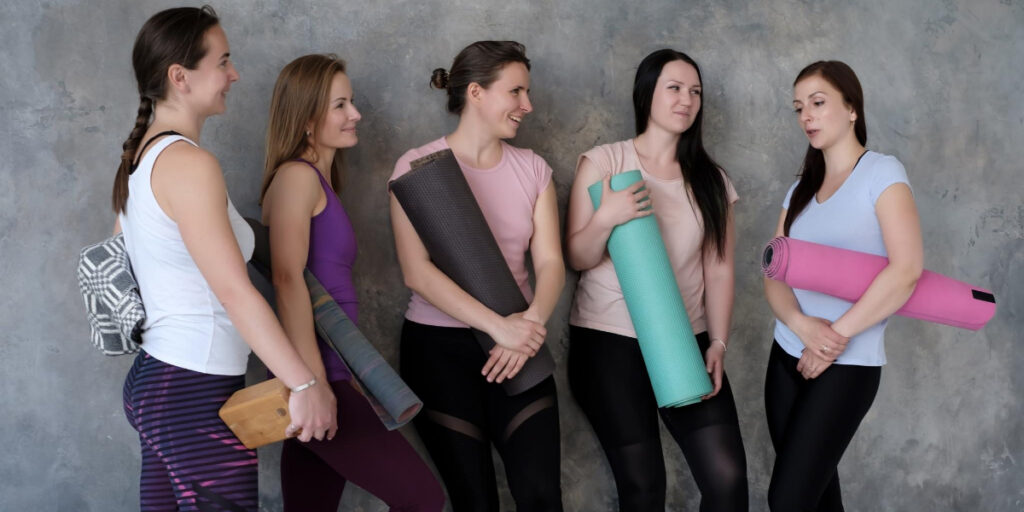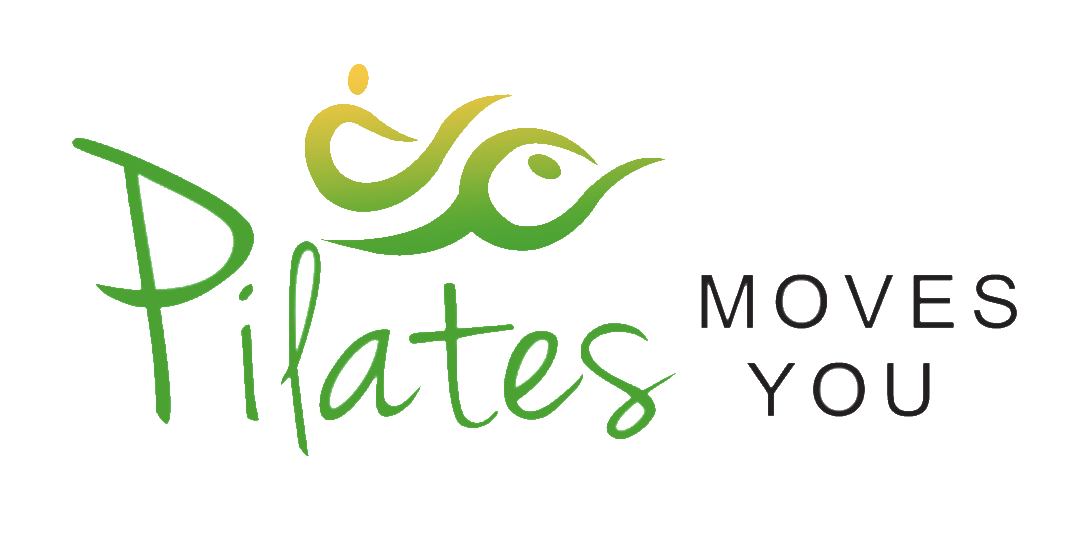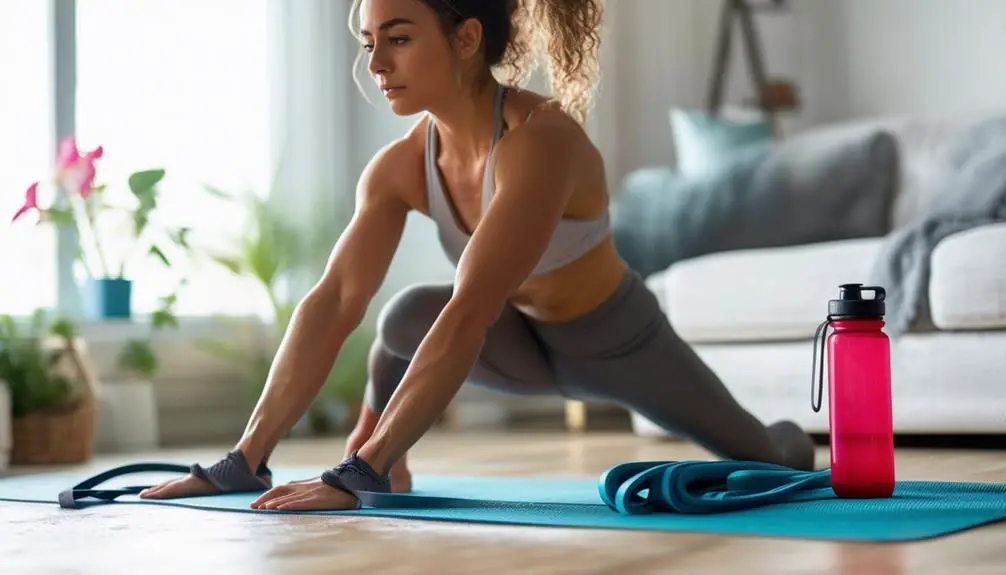Are you looking for a new Pilates instructor? When choosing an instructor, make sure you find someone who has experience working with clients like you. This ensures that you get the most from your training sessions.
I’ve compiled a list of 8 important questions to ask your potential Pilates instructor. These questions will help you decide whether they are qualified to teach you the skills you seek.
1. Are they a certified Pilates instructor?
Certification means that the person teaching the class has been trained by a recognized organization such as the Body Control Pilates Academy, which I’m a member of.

This certification ensures that the teacher has received proper training and education.
Non-certified instructors may lack formal training and so may not provide quality instruction, or worse, could give incorrect training leading to injury.
2. How often, and when, does the instructor teach?
This question relates to the frequency of classes offered, and when they take place.
Remember that everyone’s working pattern can be different, we don’t all work a 9-5 job. You should check when classes take place to make sure you can attend.
I teach different types of classes most days, for example 1 to 1 clients throughout the week or group classes early in the morning for the pre-work crowd.
It’s important to build Pilates into your weekly routine, find a slot that works for you and commit to it.
3. Do I need any equipment to take part in the class?
Pilates benefits from being possible with little to no equipment; but there are some accessories that can add challenge and variation to a class, see: Home Pilates Equipment Guide: Everything You Need to Know to Get Started
In general, you should expect, and want, to bring your own mat. Doing so is more hygienic and ensures you’ve got a mat for when you want to practice at home.
It’s unlikely you’ll be asked to bring other specialist equipment, such as weights or balls, but it’s best to ask and make sure you understand what equipment is required before attending the class.
4. Will I receive individual attention?
Individual attention is essential to learning how to properly perform exercises. Instructors should be available to answer questions and give feedback.
If the class size is too large, you may not receive the vital feedback required to get the most from your practice.
I teach a class with 10 -12 people and I wouldn’t want to go any larger than this as there would be too many people to check on and give feedback to.
5. Can you help me with X?
If you have a specific goal in mind, or have any sort of medical condition, be sure to ask if the instructor can aid you.
Some instructors offer specialised classes for pregnant women, those recovering from surgery, or anyone else who needs extra support.
Other instructors may offer to be your personal trainer but may not be experienced in addressing your specific needs. Make sure you’re confident the instructor can help you.
6. How much time will each session last?
You should expect a paid Pilates session to last between 30 and 60 minutes.
As with any fitness class you need to take into account travel and preparation time. Check if the location has parking or good transport connections. Also check if there are changing facilities.
Although Pilates is hard work, it benefits from not getting you filthy with mud or buckets of sweat, many clients rush off to do the school run or head to the office after an early morning class.
7. Can I access classes online?
Some of my clients really want to attend a clas but are unable to make it in person due to other comitements. I now offer the ability to join my group classes online. This has the advantage of me recording the class and making it available to anyone who can’t be there in person that week.
Check if the instructor has a similar setup, my clients have told me they feel this gives really good value for money because if they’re away they don’t end up paying for a class they can’t attend, they can catch up at a time that works for them.
8. Are there discounts for block booking classes?
Different instructors and fitness studios will offer different pricing. The most common pricing structures useds are:
- Pay as you go
- Block of classes
- Ongoing subscription
I’d suggest committing to a block or subscription to help motivate you to make Pilates a regular aspect of your life. Giving the instructor commitment often has the benefit of lowering your price per class.

FAQs
What is Pilates?
Pilates is a physical therapy method that focuses on improving alignment and posture. Pilates exercises can be used to improve any movement, making it a great way to stretch and strengthen different areas of the body. Pilates is also a great way to improve your posture, correct imbalances, and enhance functional movement. Before beginning Pilates, it is recommended to see your treating physician and start with at least 3 private sessions with a qualified instructor.
What are the main benefits of Pilates?
Pilates is a great form of everyday fitness that promotes a healthy body and mind. Pilates can help improve posture, correct imbalances, and enhance functional movement.
It is important to see a physician before starting Pilates if you have an on-going problem.
For more benefits see: 23 benefits of Pilates




